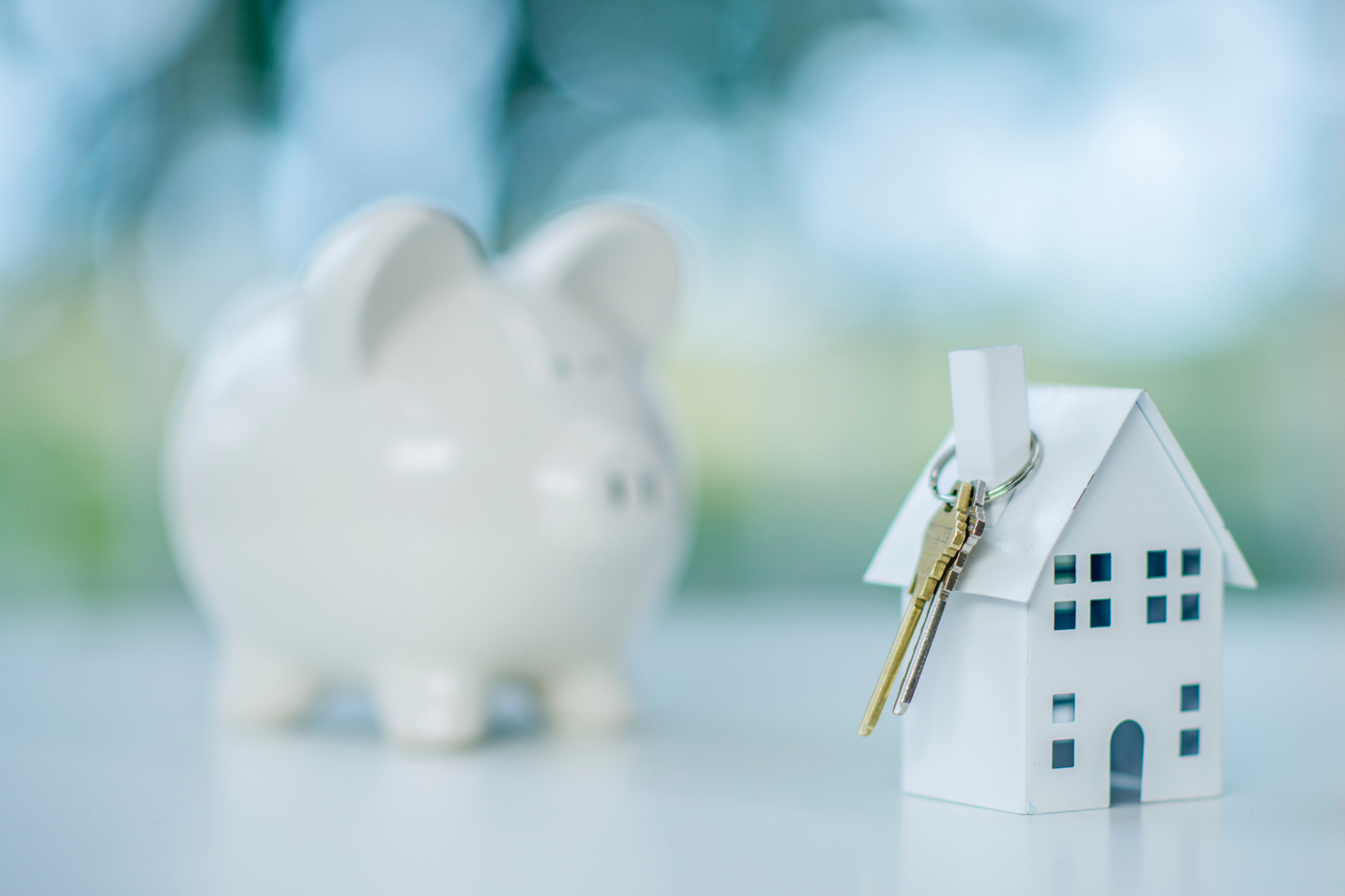Buying a house is an exciting milestone, but the journey doesn't end at closing. While you may have budgeted for the down payment and closing costs, new homeowners can face several other expenses that are often overlooked. Planning for these expenses can help you manage your finances better and enjoy your new home without stress.
1. Home Maintenance and Repairs
Home maintenance is an ongoing expense that many new homeowners underestimate. From routine tasks like regular lawn care and gutter cleaning to unexpected repairs like fixing a leaky roof or replacing a broken HVAC system, these costs can add up quickly. Setting aside a pre-determined amount (for example, 1%) of your home's purchase price annually for maintenance and repairs is wise. Some buyers opt in for additional options, such as a home warranty, as an added way to prepare for home repair expenses; however, that cost also needs to be factored into your planning. Don’t forget to consider future cosmetic updates or items such as furniture and housewares you may need.
2. Homeowners Insurance
Homeowners insurance is a necessary expense, but costs can vary widely depending on your location, the age of your home, and the coverage you choose. You may also need additional coverage for events like floods or earthquakes, which can significantly increase your insurance premiums. Also, this cost isn't fixed – there is some potential that it may rise annually.
3. Utilities and Energy Costs
The cost of utilities can shock new homeowners, especially if you're moving from a smaller property, or a rental property where you paid a fixed monthly amount to the landlord. Heating, cooling, water, electricity, and gas bills can fluctuate seasonally and be higher than anticipated. Your new home may not have the same amount of insulation as your previous home, or maybe it has features that require using more water than at your previous home. Upgrading your home to include features like smart thermostats and energy-efficient appliances can help reduce these costs — but you'll have to fit those upgrades into your budget as well.
4. HOA Fees
If your new home is part of a homeowner's association (HOA), you must factor in monthly or annual HOA fees. These fees cover the maintenance of common areas and sometimes include utilities or services like trash removal.
5. Emergency Fund
An emergency fund is crucial for any homeowner. Unexpected events such as a major plumbing issue, damage from a storm, or a sudden appliance failure can be costly. Events such as these will likely be something you want to fix sooner rather than later, and waiting on another funding source may not be an option. A financial cushion can help you handle these surprises without compromising financial stability. Unexpected emergencies unrelated to your home can also arise and affect your finances (such as your monthly house payment), in which event you'll be glad to have a designated emergency fund set aside.
6. Refinancing Costs
Many homeowners choose to refinance their mortgage to take advantage of lower interest rates or change their loan terms. While refinancing can save you money in the long run, it comes with its own costs, including application fees, appraisal fees, and closing costs. Be prepared for these expenses if you plan to refinance in the future.
Smart Planning for Homeownership
Hopefully you won’t experience many (or any) major issues, but planning for these potential expenses can help ensure a smoother transition into homeownership. At Attorney's Title Group, our goal is to guide you through every step of the closing process so that your real estate transaction is as smooth and stress-free as possible. Our seasoned team of closing agents, title professionals, and real estate attorneys can be reached at (501) 734-2233 or you can contact us online.

